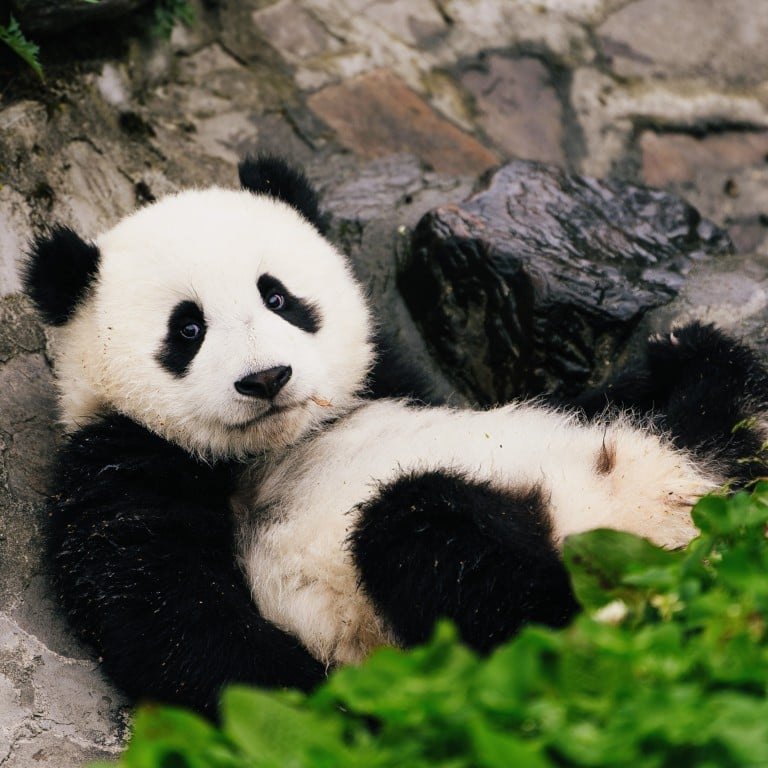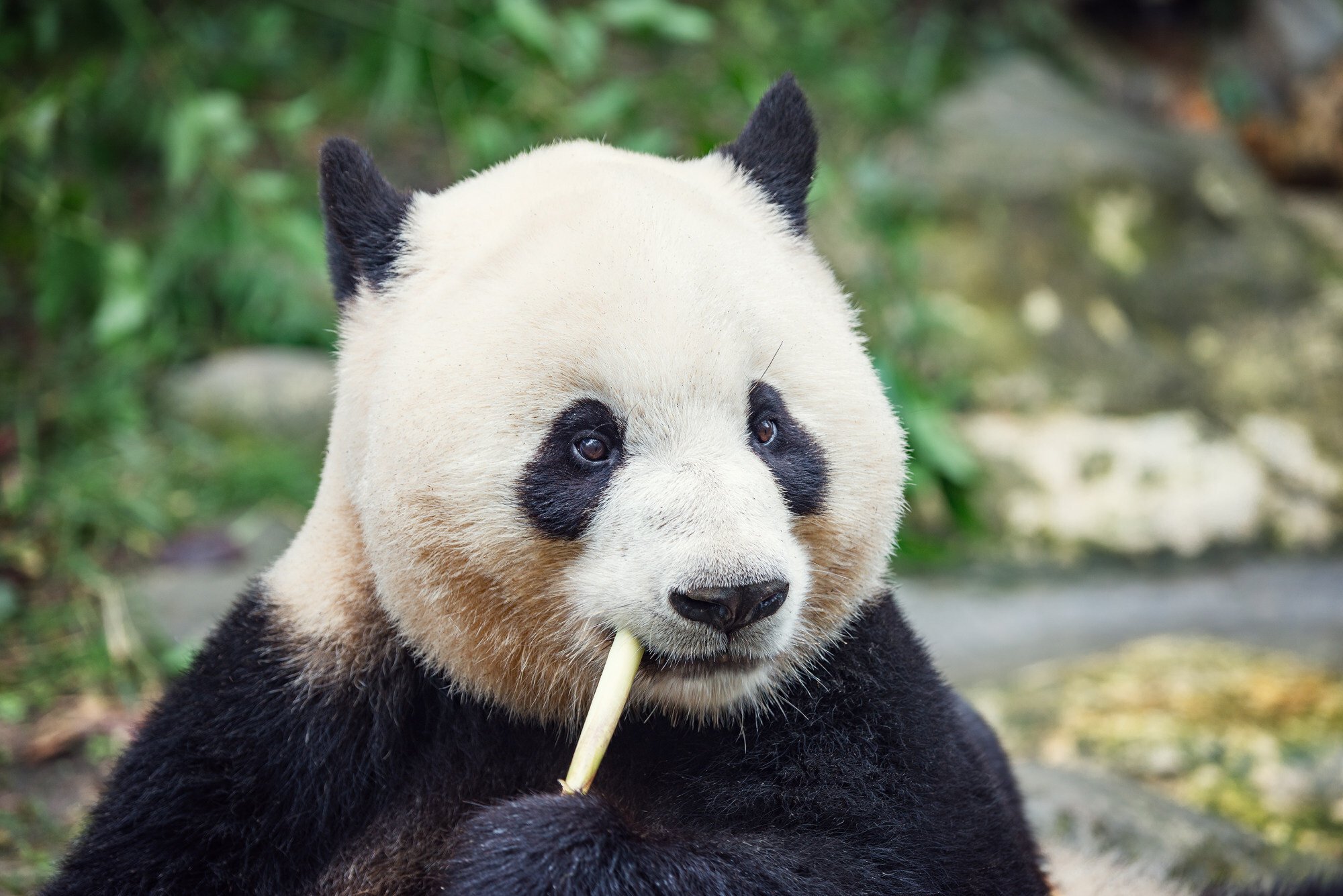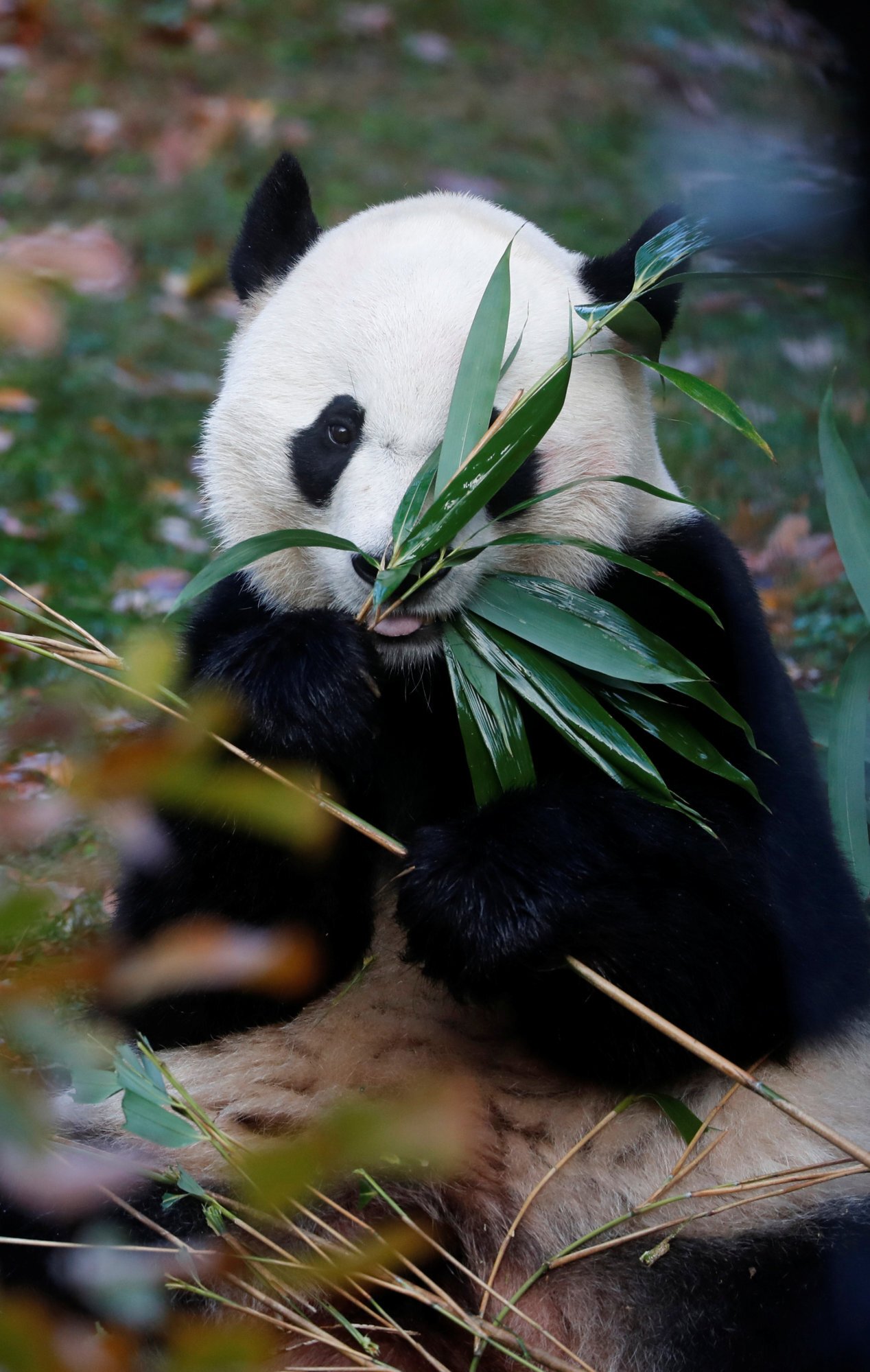
Why are pandas so ‘chonky’ despite their vegan diet?
- A new study found that a type of gut bacteria plays an important role in synchronising the panda metabolism according to bamboo season
- The animals eat only leaves for around two-thirds of the year, making it crucial they build up fat during the other months
Nobody would use the adjectives “lean” or “athletic” to describe China’s roly-poly giant pandas, even though they eat almost entirely bamboo for their entire lives.
Despite subsisting on a low-fat, poor-quality diet, these animals are beloved in part because of their heft. Which makes one wonder: why are pandas so chubby?

The bacteria, named Clostridium butyricum is a type of gut bacteria that also exists in humans, and it has been used in clinical treatments for inflammatory bowel syndrome and severe diarrhoea.
In pandas, the scientists believe the gut bacteria contributes to a “crosstalk” within the their metabolisms that helps them use bamboo shoots to gain weight.
“We have known these pandas have a different set of gut microbiota during the shoot-eating season for a long time, and it’s very obvious that they are chubbier during this time of the year,” said Guangping Huang, at the Institute of Zoology, Chinese Academy of Sciences and author of the study in a press release.
Researchers found that wild pandas in the Qingling Mountains in central China have elevated numbers of Clostridium butyricum. The team then had to test if this had an impact on their metabolism.
To test the hypothesis, the scientists performed a faecal transplant with the faeces of the Qingling Mountain pandas and lab rats that were then fed the same diet as the pandas. They discovered that the mice who ate the bamboo-shoots diet gained more weight than their counterparts who ate only the leaves.

“Identifying what bacteria are beneficial for animals is very important, because one day we may be able to treat some diseases with probiotics,” said Huang.
The bamboo shoot season also coincides with crucial periods of the panda life cycle, such as migration and mating, making it essential that they are healthy during China’s warmer months.
“Consistently, we also observed significant behavioural differences of the giant panda between seasons,” the team wrote in the study.
Seasonal fluctuations in gut bacteria are common among wildlife, as their preferred diets might only be available during certain times of the year. Gut bacteria helps wildlife protect themselves against environmental factors. In the case of the pandas, it helps them gain weight ahead of the lean times of the year.

